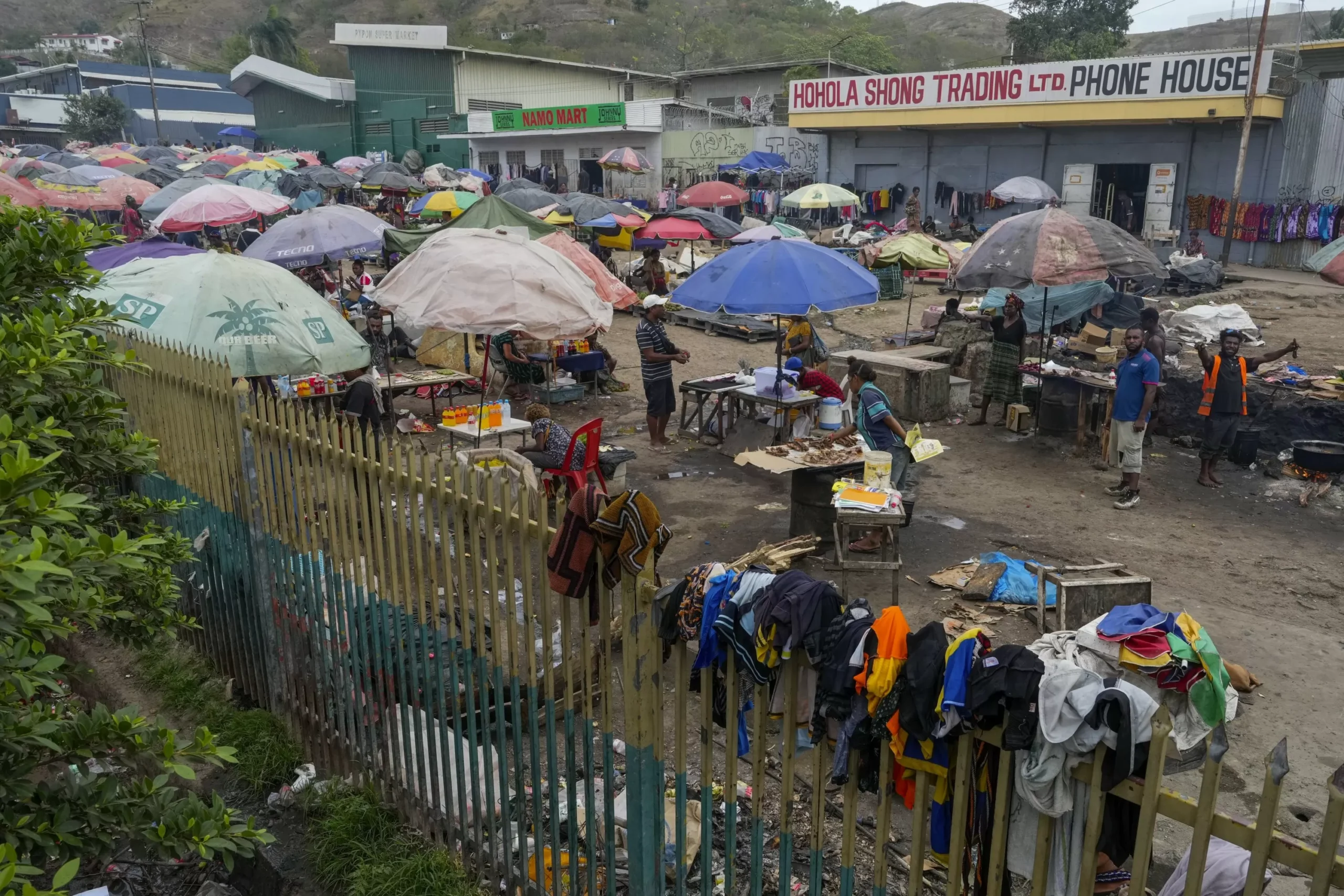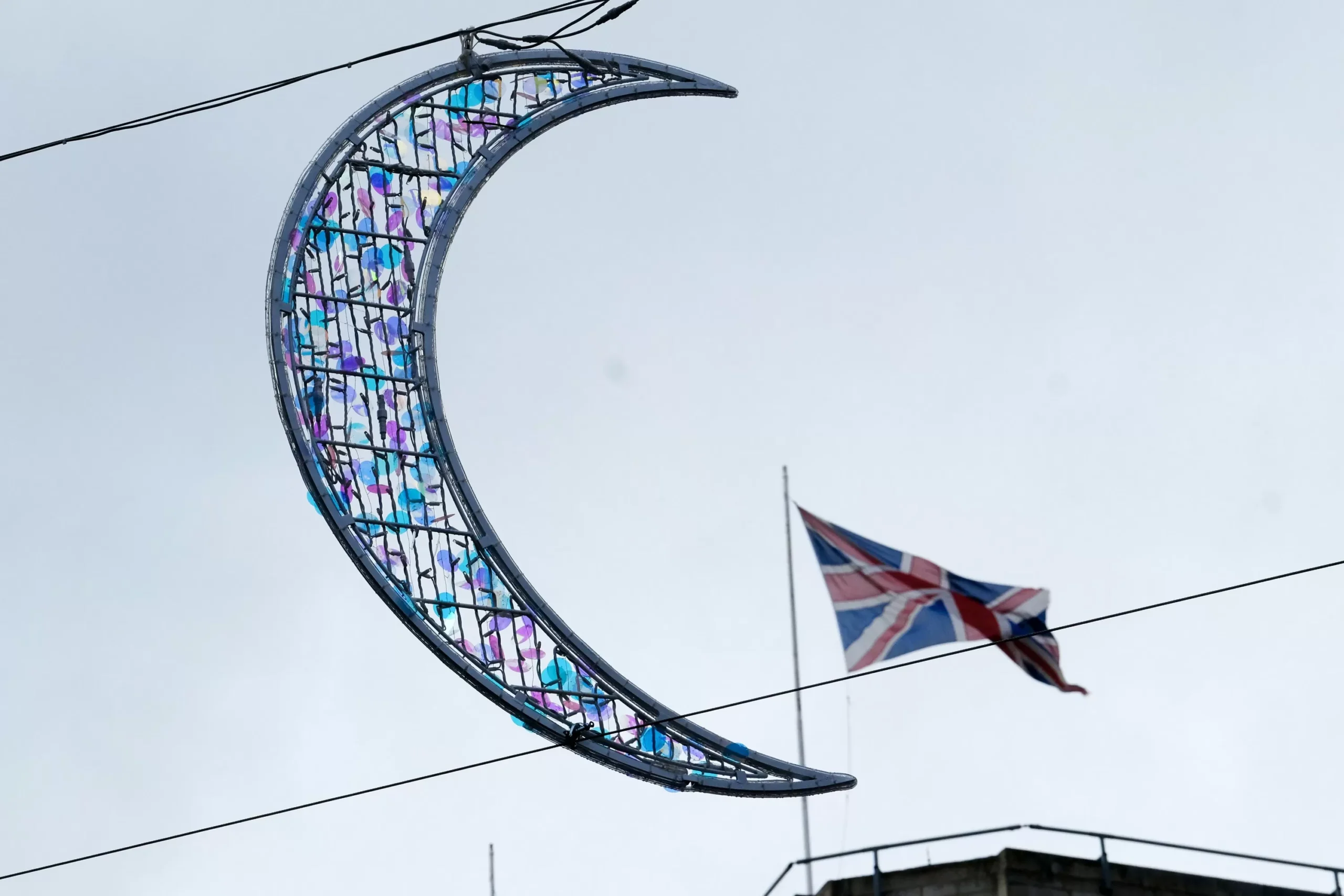At least 30 people have lost their lives in a series of violent clashes between tribal warriors in the highlands of Papua New Guinea, according to local authorities. The tragic events, which have been ongoing since August, have left many communities devastated and in mourning.
The unrest began when tensions between two rival tribes, the Huli and the Duna, escalated into a full-blown conflict. The two groups have a long history of animosity and have been engaged in sporadic clashes for years. However, the recent violence has been particularly brutal and has resulted in a high number of casualties.
The clashes have taken place in the remote and mountainous region of the highlands, making it difficult for authorities to intervene and bring an end to the violence. The rugged terrain and lack of infrastructure have also made it challenging to provide aid and support to those affected by the conflict.
According to police reports, the fighting has been carried out with traditional weapons such as bows and arrows, spears, and machetes. This has only added to the severity of the situation, as these weapons are not only deadly but also symbolic of the deep-rooted tribal divisions and animosity.
The loss of life and destruction caused by these clashes is truly heartbreaking. Families have been torn apart, homes have been destroyed, and entire communities have been left in a state of fear and uncertainty. The violence has also had a significant impact on the local economy, as many people have been forced to flee their homes and abandon their livelihoods.
The situation has been further complicated by the involvement of hundreds of warriors from both sides, making it difficult to contain and control the violence. The lack of communication and understanding between the two groups has also hindered any attempts at peaceful resolution.
In response to the escalating violence, the government has deployed additional police and military personnel to the region. They have also set up a temporary base in the area to provide security and support to the affected communities. However, it is clear that more needs to be done to address the root causes of the conflict and prevent further bloodshed.
The international community has also expressed concern over the situation in Papua New Guinea’s highlands. The United Nations has called for an immediate end to the violence and for all parties involved to engage in peaceful dialogue to find a lasting solution.
In the midst of this tragedy, there have also been acts of bravery and compassion. Local organizations and volunteers have been working tirelessly to provide aid and support to those affected by the conflict. They have been providing food, shelter, and medical assistance to those in need, regardless of their tribal affiliation.
The government has also announced plans to launch a reconciliation process between the two tribes in an effort to promote peace and unity. This is a positive step towards healing and rebuilding the communities that have been torn apart by the violence.
It is important to remember that the people of Papua New Guinea are resilient and have a strong sense of community. Despite the challenges they face, they have shown great strength and determination in the face of adversity. It is our hope that with the support of the international community and the efforts of the local authorities, peace and stability will be restored in the highlands of Papua New Guinea.
In conclusion, the recent clashes between tribal warriors in Papua New Guinea’s highlands have resulted in a tragic loss of life and destruction. However, it is heartening to see the efforts being made by various organizations and individuals to bring an end to the violence and provide support to those affected. It is our hope that through peaceful dialogue and reconciliation, lasting peace and unity will be achieved in the region. Let us stand together in solidarity with the people of Papua New Guinea and support them in their journey towards healing and rebuilding.






![Complete BritRail Pass Guide [Types, How to Use It, Pros + Cons]](https://inside-news.uk/wp-content/uploads/2025/06/00221EB4-BCA2-4DBB-6CD4-83DBC37D71FA-120x86.webp)















